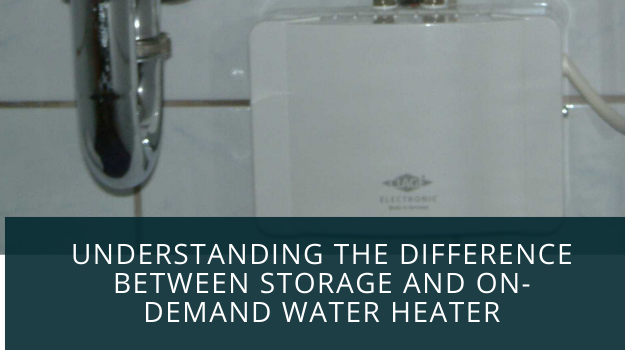- Smart Watch Payments and Digital Wallets in the Philippines - June 8, 2023
- Front-Load vs. Top-Load Washing Machines - May 25, 2023
- Pros And Cons Of Wireless Charging Power Banks - May 10, 2023
Last Updated on
If you are yet to install water heaters in your home, you may have come across the options for storage and on-demand (also referred to as tankless) water heaters. Each type has its own selling point, so it can be quite a challenge to actually pick from the two. In this article, we breakdown every single usage, including the pros and cons of each time to help your decision process easier and more informed.
One of the first and most important consideration in having your own water heating installed is energy consumption. Much like anything that produces heat, water heaters will certainly have an impact on your electricity bill. The trick, therefore, is knowing which once is the most efficient for your usage requirements.
Storage Water Heater
Let’s start with the traditional one. Ever wonder how hotel rooms manage to give you warm water, despite the hundreds of other rooms also using the shower? The tank behind this is the storage water that constantly has hot water. A single storage tank can store up to 80 gallons of water at a time. The water is constantly heater using various sources including electricity, gas, and fuel.
The main concern with storage water heater is heat loss, especially when the tank is on stand-by for a prolonged period. Fortunately, recent models have already tried to address this by using high-grade insulated steel to significantly reduce heat loss. On the flip side, storage water heaters are most efficient in providing consistent hot water for high-usage areas. This is why most large hotels are powered by storage tanks. It is thus crucial to choose a tank that is designed to preserve heat for longer hours to reap the energy efficiency of the water heater.
Tankless or On-Demand Water Heater
If space is an issue, this type of water heater is often the most convenient choice. This means that you get to enjoy warm water, without having to worry about space limitations. Instead of constantly storing hot water in a tank, it simply heats the cold water from the pipe on-demand. It is also ran either by electricity and gas. In terms of energy efficiency and water flow, the gas-fueled heaters is able to provide better flow rates. The only disadvantage though is the higher chances of inconsistent water temperature, given that the unit is only heated once turned on.
This, however, will not be much on an issue if the shower area is not heavily used. This is why tankless water heaters can often be found in small apartments and condominiums. There is also no concern about energy loss since you will only be using your resources when needed.
The best way to find the best water heater for you is to carefully assess your household. Check for the available space in your home, while also evaluating the usage rate of showers of the people you live with. This way, you can easily justify the additional energy expenses required for a specific water heater to run.

